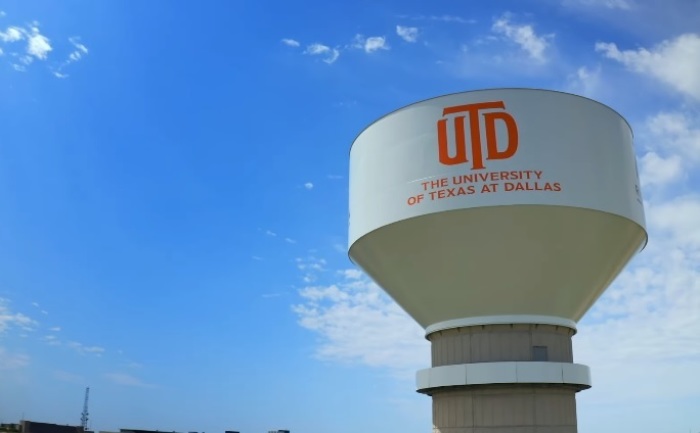
A federal judge has placed a temporary block against a recently passed Texas law that limits who can participate in protests on college campuses and where they can take place.
Earlier this year, a group of plaintiffs, including a Christian student organization, filed a lawsuit against multiple University of Texas system officials over a law called the Campus Protection Act.
Senior U.S. District Judge David Alan Ezra for the Western District of Texas, Austin Division, a Reagan appointee, issued a preliminary injunction on Wednesday against the Act.
Ezra wrote that “while some of Plaintiffs’ more extreme examples of impermissible conduct under the challenged provisions may be unlikely to be enforced, they illustrate the statute’s breadth and do not negate its many plausible applications.”
“These policies do little to clarify for students what expressive activity will or will not be deemed disruptive, and thus prohibited, in the future,” he continued.
“Granting administrators and law enforcement discretion to determine what qualifies as ‘disruptive’ creates a substantial risk that the policy will be weaponized against speech with which they disagree, irrespective of any actual disruption.”
The court expressed concern about the “overbreadth” of the campus speech restrictions, noting that any “disruptive or dangerous activity would almost certainly be prohibited under existing city and university rules.”
“This combination of ambiguous language and discretionary authority adds to the risk that the Bans will be impermissibly applied to limit protected speech,” Ezra added.
The Foundation for Individual Rights and Expression (FIRE), a prominent nonpartisan free speech advocacy organization that is representing the plaintiffs, celebrated the injunction.
“Texas’ law is so overbroad that any public university student chatting in the dorms past 10 p.m. would have been in violation,” said FIRE senior attorney Adam Steinbaugh in a statement. “We’re thankful that the court stepped in and halted a speech ban that inevitably would’ve been weaponized to censor speech that administrators disagreed with.”
Also known as Senate Bill 2972, the Campus Protection Act came in response to a wave of pro-Palestinian demonstrations held on campuses across the United States against Israel's war against Hamas in Gaza following the Oct. 7, 2023, terror attack in southern Israel.
Multiple reports surfaced of participants in these protests conveying antisemitic rhetoric and disrupting normal campus activities, especially for Jewish students.
Under SB 2972, university governing boards "shall designate the areas on the institution's campus that are public forums, consistent with the First Amendment to the United States Constitution and Section 8, Article I, Texas Constitution."
"Nothing in this section limits the authority of an institution of higher education to adopt rules differentiating between the rights of students and employees to engage in expressive activities on campus and those of persons not affiliated with the institution," the law stated.
The legislation limits "expressive activities" on campuses, such as protests, to "students enrolled at and employees of the institution." It prohibits participants from wearing disguises and erecting tents or other "living accommodations."
Additionally, restrictions are placed on holding certain events between 10 p.m. and 8 a.m., as well as holding events with sound-amplifying equipment during certain times of the semester.
Last month, The Fellowship of Christian University Students at the University of Texas at Dallas (FOCUS) and five other groups filed a lawsuit against the law in district court.
FOCUS argued that the law wrongfully restricted their ability to invite non-student speakers, like clergy, to campus and limited their ability to gather for evening worship on campus.
The other plaintiffs included The Retrograde student newspaper, Young Americans for Liberty, Inc., the Texas Society of Unconventional Drummers, Strings Attached and a University of Texas at Austin student named Zall Arvandi.
Named defendants included members of the Board of Regents of the University of Texas System, UTS Chancellor John Zerwas, UT at Austin President James Davis and UT at Dallas President Prabhas Moghe.